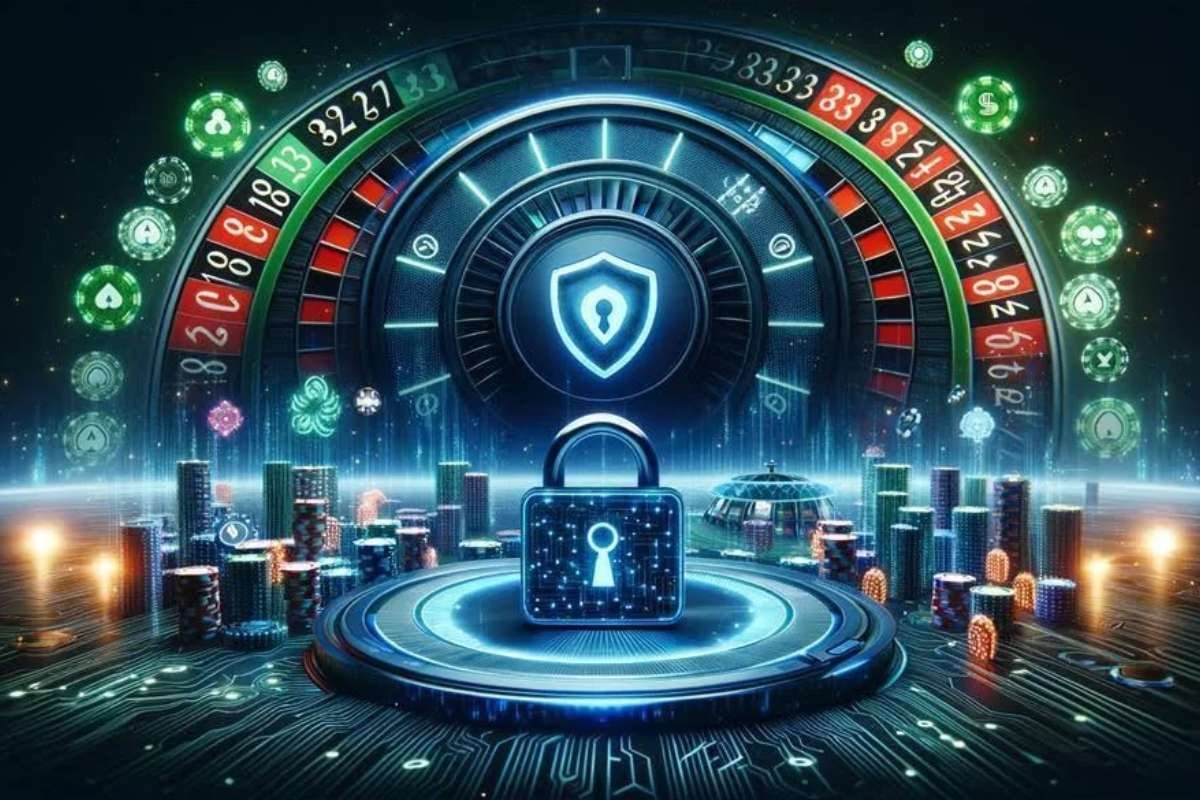Blggzz: Your Daily Dose of Insight
Stay updated with the latest news and informative articles.
Level Up Your Game: The Hidden World of Gaming Security Encryption
Unlock the secrets of gaming security! Discover how encryption protects your favorite games and keeps you safe in the digital battlefield.
Understanding the Basics of Gaming Security Encryption: What Every Gamer Should Know
In the digital age, gaming security encryption has become a critical element for protecting players' personal information and enhancing their overall gaming experience. As online gaming grows in popularity, so does the threat of cyberattacks and data breaches. By understanding the fundamental principles of gaming security encryption, players can safeguard their accounts and personal details. Key concepts include encryption algorithms, which transform user data into unreadable codes, and authentication protocols, which verify user identities before granting access. Familiarizing yourself with these basics can significantly reduce the risks associated with online gameplay.
Additionally, gamers should be aware of various encryption methods used by game developers to protect sensitive data. Examples include SSL (Secure Socket Layer), which encrypts data transmitted between the user's device and game servers, and encryption at rest, which secures stored data from unauthorized access. When choosing games or platforms, look for those that prioritize security and transparency in their encryption practices. Being informed about these measures not only empowers gamers to make safer choices but also contributes to a more secure gaming environment for all.

Counter-Strike is a highly popular tactical first-person shooter game that originated in the late 1990s. Players take on the roles of terrorists or counter-terrorists, working to complete objectives or eliminate the opposing team. The game's competitive nature has led to a vibrant esports scene and a dedicated player base. If you're looking for an exciting gaming experience, be sure to check out the stake promo code for some added benefits!
Top 5 Encryption Techniques Keeping Your Gaming Data Safe
In the rapidly evolving world of online gaming, ensuring the security of your personal and gaming data is paramount. Here are the Top 5 Encryption Techniques that are designed to keep your gaming experience secure and your data safe. Firstly, End-to-End Encryption (E2EE) is gaining popularity among game developers. This technique ensures that data is encrypted on the sender’s device and only decrypted on the receiver’s device, meaning intermediaries cannot access the data. Secondly, Transport Layer Security (TLS) is essential for protecting data in transit. By encrypting communications between servers and clients, TLS helps prevent data interception by unauthorized parties.
Continuing with our list, the third technique is Advanced Encryption Standard (AES), a widely adopted encryption protocol that secures sensitive data at rest and in transit. It’s known for its efficiency and strength, making it a popular choice for game developers looking to protect player information. Fourth on our list is Secure Sockets Layer (SSL), which helps secure the connection between the gamer and the gaming server by providing a shield against cyber threats. Lastly, Public Key Infrastructure (PKI) aids in securing online transactions by utilizing a pair of keys – one private and one public – ensuring that only authorized users can access specific data. Employing these encryption techniques can help create a safer gaming environment where players can focus on enjoyment without fear of data breaches.
Are You at Risk? The Importance of Encryption in Online Gaming Security
As online gaming becomes increasingly popular, understanding the risks associated with it is crucial for players. **Encryption** plays a pivotal role in safeguarding user data and ensuring secure transactions within gaming platforms. Without proper encryption, sensitive information such as login credentials, financial details, and personal data can be exposed to cyber threats. According to a recent survey, over 70% of gamers expressed concern about privacy breaches, underscoring the pressing need for enhanced security measures in the online gaming environment.
Moreover, the importance of encryption in online gaming extends beyond protecting individual players to fostering trust within the gaming community. Game developers and platform operators must prioritize the implementation of robust encryption protocols to prevent data breaches and maintain player confidentiality. Failure to do so not only jeopardizes user security but can also result in significant reputational damage for gaming companies. In a world where digital interactions are the norm, ensuring that your gaming experiences are protected through strong encryption is essential.